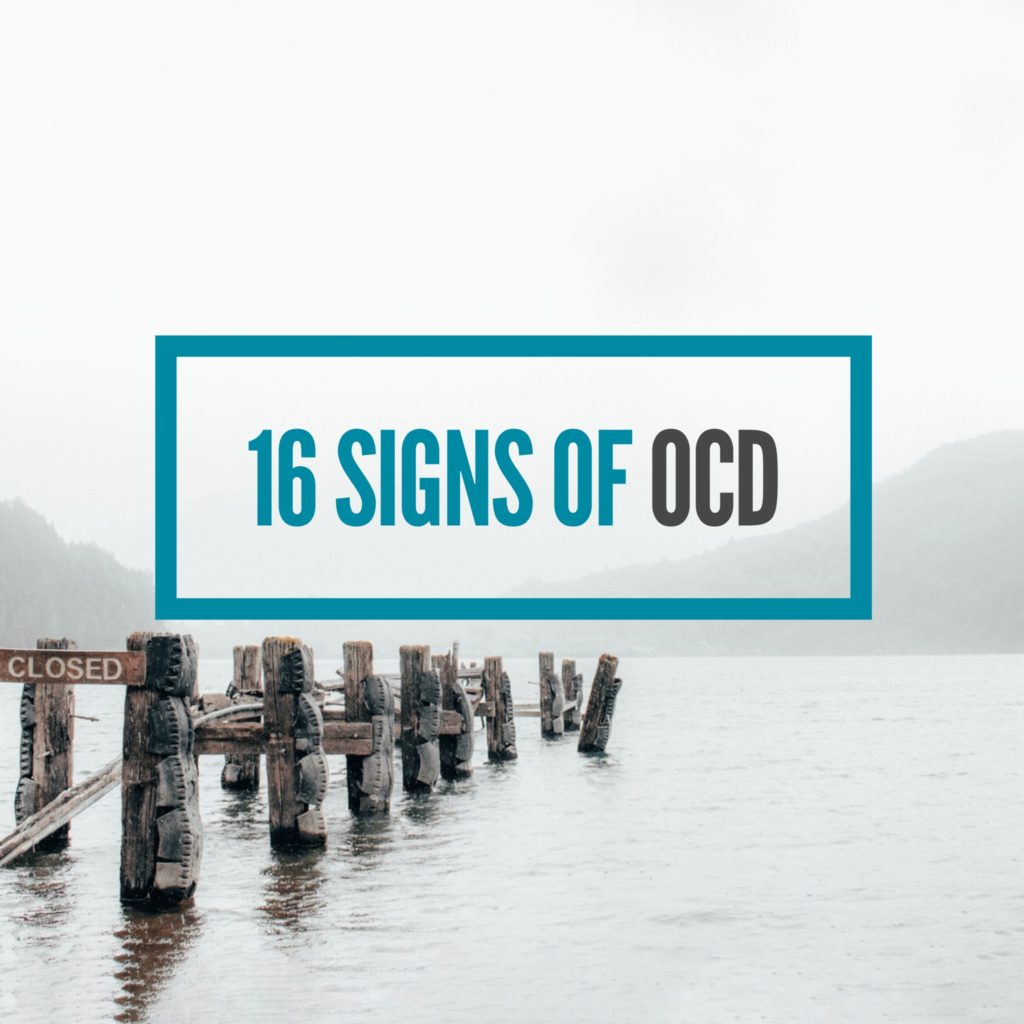Although there are plenty more than just 16 signs of OCD, I want to discuss a few that might hit a bit close to home. Some of these are common quirks that everyone deals with, but combining a few of these signs together could spell out OCD.
I can’t stress this enough. I’m not saying that anyone who does this needs to go speak to a doctor about their OCD. OCD is much more complicated than that. I am saying that, if you read through this, and you do not already suffer with OCD, you might realize something. That something being that Obsessive Compulsion Disorder is not just one thing. It’s sufferers deal with it differently and because of many stigmas, it’s hard for others to understand.
Some of these signs are just the beginning, and only an indication to the complete madness. WebMD has a great article where they simplify 10 common signs of OCD that you can check out too.

Free to subscribers
And if you are reading this, and you too deal with OCD, then sit back and enjoy, because you already know. I’ll even provide a quick-links table of contents if you want to bounce around here a little.
16 Signs Of OCD:
- Repeating
- Excessive Checking
- Habits, Routines, Rituals
- Superstitious Beliefs
- Numbers Have Meaning To You
- You Think Too Much/ Overthink
- Bad Thoughts Are A Bad Habit
- Quirky/ Fidgety
- Very Protective
- You Believe Your Thoughts Hold Power
- Guilt
- Creativity
- The Tiniest Mistakes Are Huge to You
- Collecting/ Hoarding
- Fear Of Contamination
- Worry/ Anxiety
16 Signs of OCD in no particular order:
Repeating:
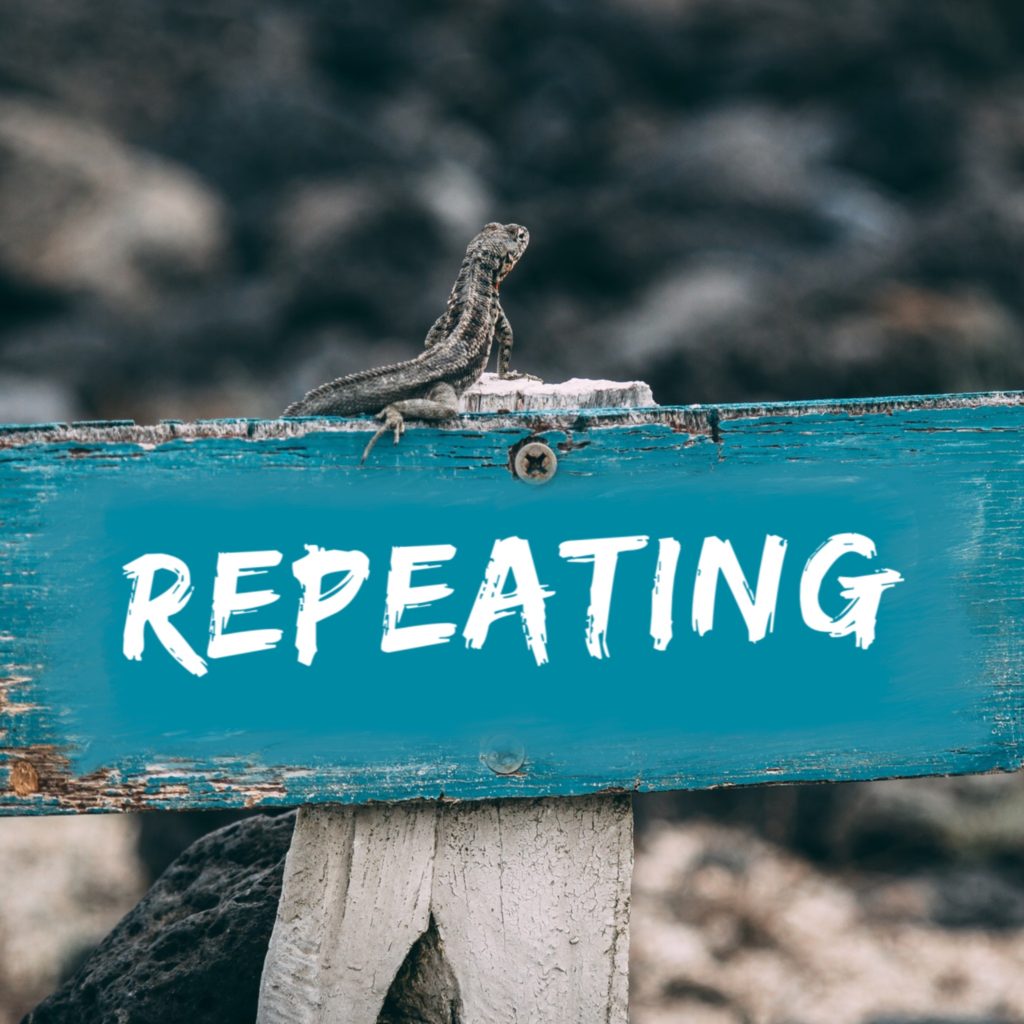
Small or large task, you find yourself getting a do over. It could be tying your shoes, putting away groceries, typing, reading, speaking, locking a door, whatever it might be. Maybe you undo it, just to do it over again. Maybe it isn’t an undoable task so maybe you just simply repeat it. You know – You say “Hi” and under your breath you “hi” again, but softer.
The worst is when repeating is due to a thought while the task was applicable. Now we associate that thought with the task, and consider a consequence if it isn’t redone correctly or without thoughts. This can even go unnoticed at first.
I used to tie a shoe, undo it, and tie it again out of some quirky habit I wasn’t really aware of yet. Then, I eventually noticed that during small tasks like tying anything I was trying to avoid thoughts completely. As if whatever I was thinking was being knotted into the item being tied. Not wanting to lock in a bad thought became my compulsion when forming any adhesion.
Signs of OCD – Common Alert:
Those with Obsessive Compulsive Disorder spend agonizing hours here. Right here, repeating things as though it will miraculously save us from those intrusive thoughts.
My OCD ran with this and repeating the simplest tasks became my compulsion for practically everything.
Excessive Checking:
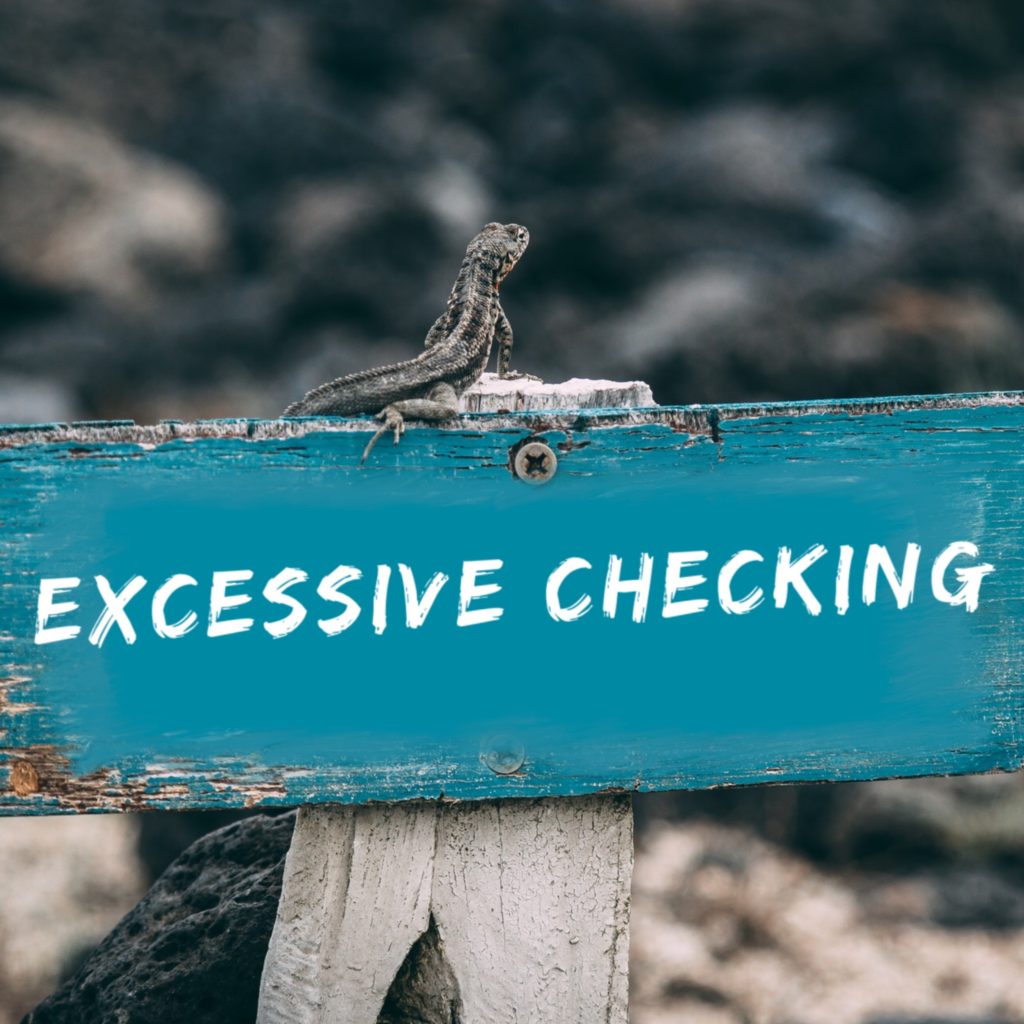
Just like with ‘repeating’, excessive checking is a huge sign of OCD. Double checking is normal and smart, especially when tied with reasonable doubts. It’s when you know that you put your credit card back in you wallet, yet the visual proof seems to be a lie. You open it up again, and again, and again because once you take your eye off of it, who knows. Did it wiggle out, jump out, fling out during placement back in your pocket or purse?
OCD has a way of playing tricks on you, or at least that’s how it seems. More commonly, checking the stove or other kitchen devices excessively because being careless there has real consequences. We’ve seen it played out on TV, books, and movies. In fear of being careless, checking becomes excessive to the point where you don’t always trust your own eyes.
Signs of OCD – Common Alert:
Excessive checking, just like repeating, is another one of those common signs of OCD. The worst is when you feel like you have no control over it.
You see that the doors are locked, that the stove is off with no heat. OCD throws a few last minute ‘what ifs’. So, you check some more – you check, and you repeat the checking. Now that you spent way more time than reasonable, anxiety takes over and nothing seems quite right anymore.
Habits, Routines, Rituals:
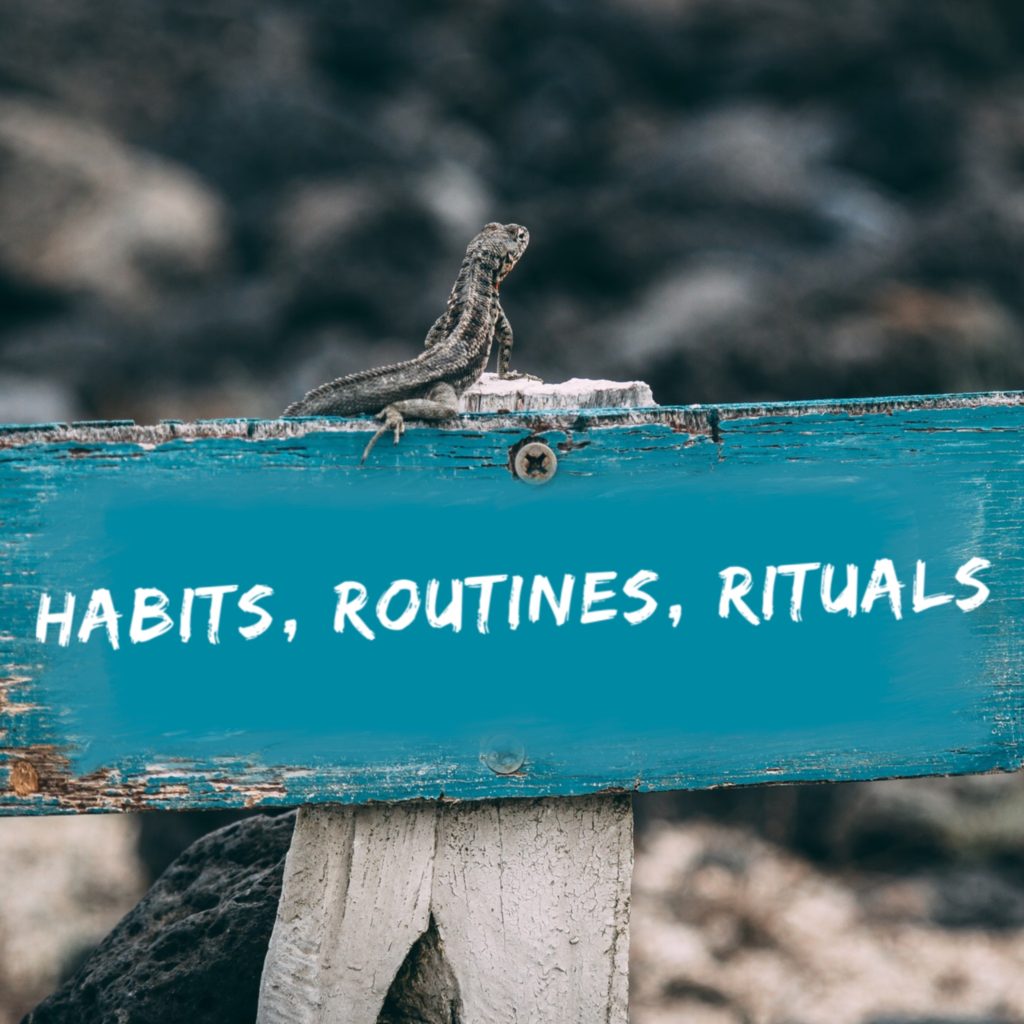
Whether you’ve created the routine, or following a known tradition, habits can be hard to break. Fear of something bad happening because of breaking that habit is not only superstition, but a sign of OCD. Routines come with Obsessive Compulsive Disorder, although having routines does not give or make someone OCD.
Routines are a compulsion, flat out. Having a routine is fine, but routines leading to rituals leading to fear of doing anything other than is an added stress. Building compulsive routines and rituals are a security blanket for OCD as a result.
This includes things being in order or symmetrical.
Superstitious Beliefs:
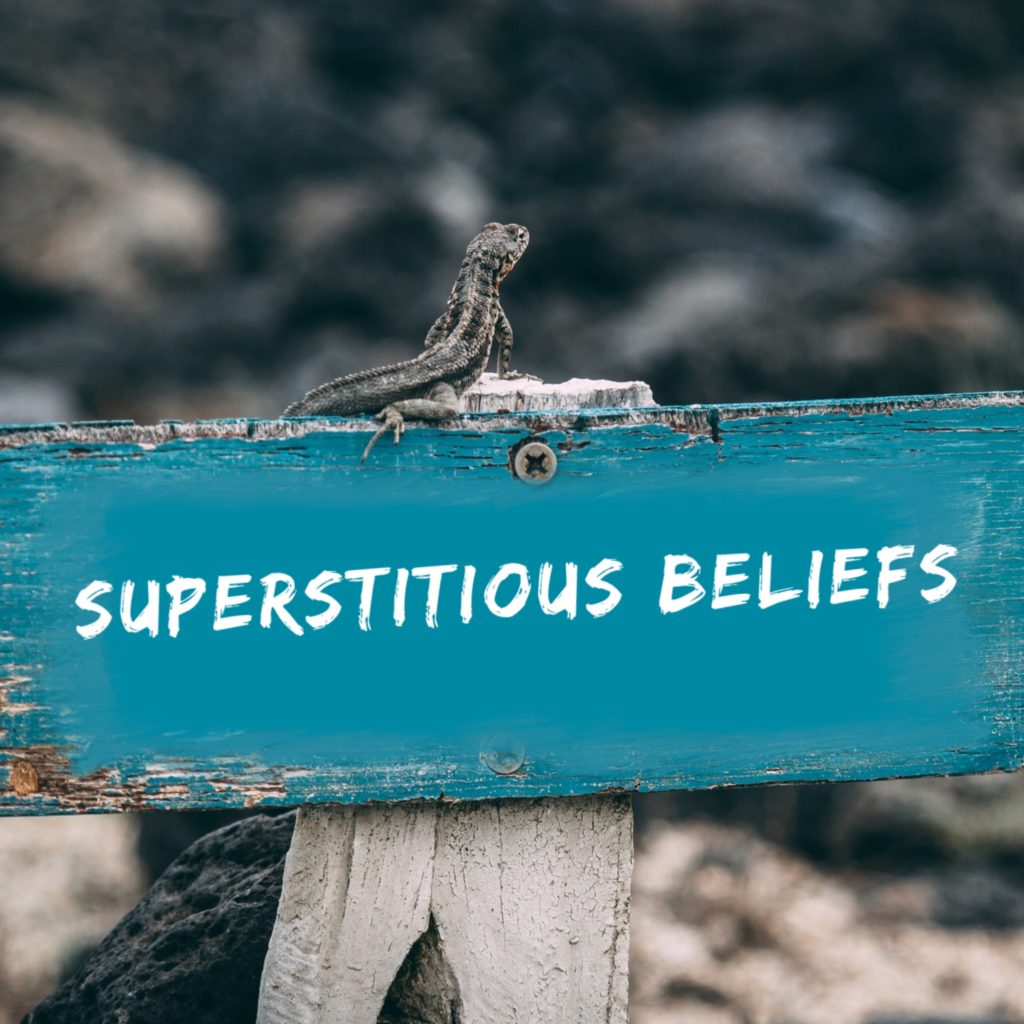
Just like habitual routines, believing in some superstition does not necessarily trigger you for OCD. It could be some indication of obsession and or compulsion though. Sure, everyone has obsessions and compulsions, it’s when you add the disorder part of the equation that it gets scary. Superstitions and compulsions go hand and hand, but when it takes control over everything you do, then there’s a problem. Then it’s not just superstition, you’ve added the D to your O and C.
Superstitions vary from playful, to sports related, relationship related, to catastrophic consequences. If you believe in it. Some athletes will wear the same socks, or wrist band for good luck. That’s just the O and the C. But… if you find yourself believing in all superstitions, then you’ve possibly added the D to your O and C. Which makes superstition one of the more likely signs of OCD.
The more superstitions you adopt, the more susceptible to the disorder. There are some with OCD who can not walk into a hard wood floored house because it is damn near impossible to avoid all cracks.
Numbers Have Meaning To You:
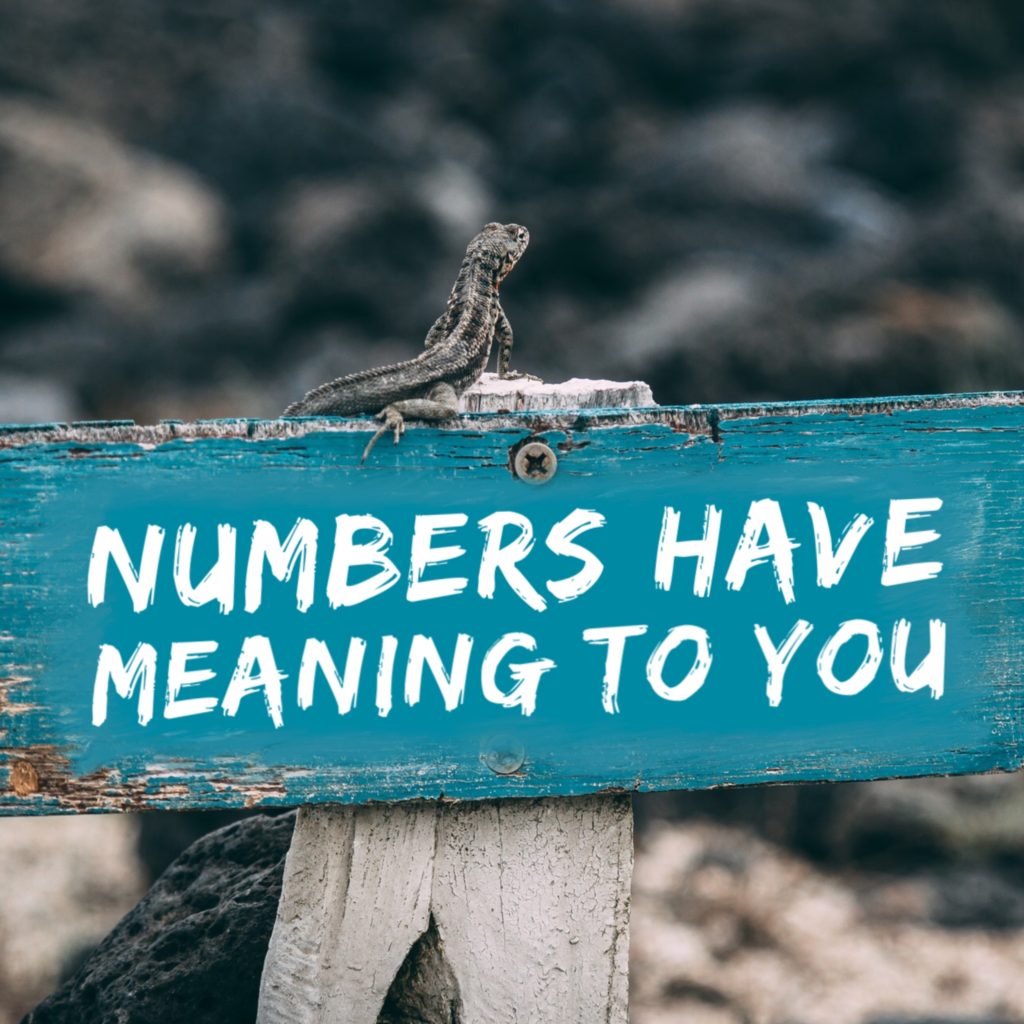
Maybe you don’t like odd numbers, so the TV or radio volume must be on an even number. Or… maybe numbers represent people you know and love, either by age, lucky number, or jersey number for instance. Maybe you like the number 2 so you find that buying things in pair enjoyable.
These are very real scenarios for some with OCD, only they obsess over it. The TV volume on 15 is going to send them into an anxious fit if you don’t leave it even. They might also avoid doing things in repetition of certain numbers in fear they might harm the person they represent with that number. The favorite number changes by the day. It could be the number 2, another day it might be 95. Days where the number is 2 are considered good days. Days in which they might do things in repetitions of 95 are considered difficult OCD days.
Think about the earlier mentioned ‘repeating’ signs of OCD. Combining that with the numbers game is an invitation for this disorder.
You Think Too Much/ Overthink:
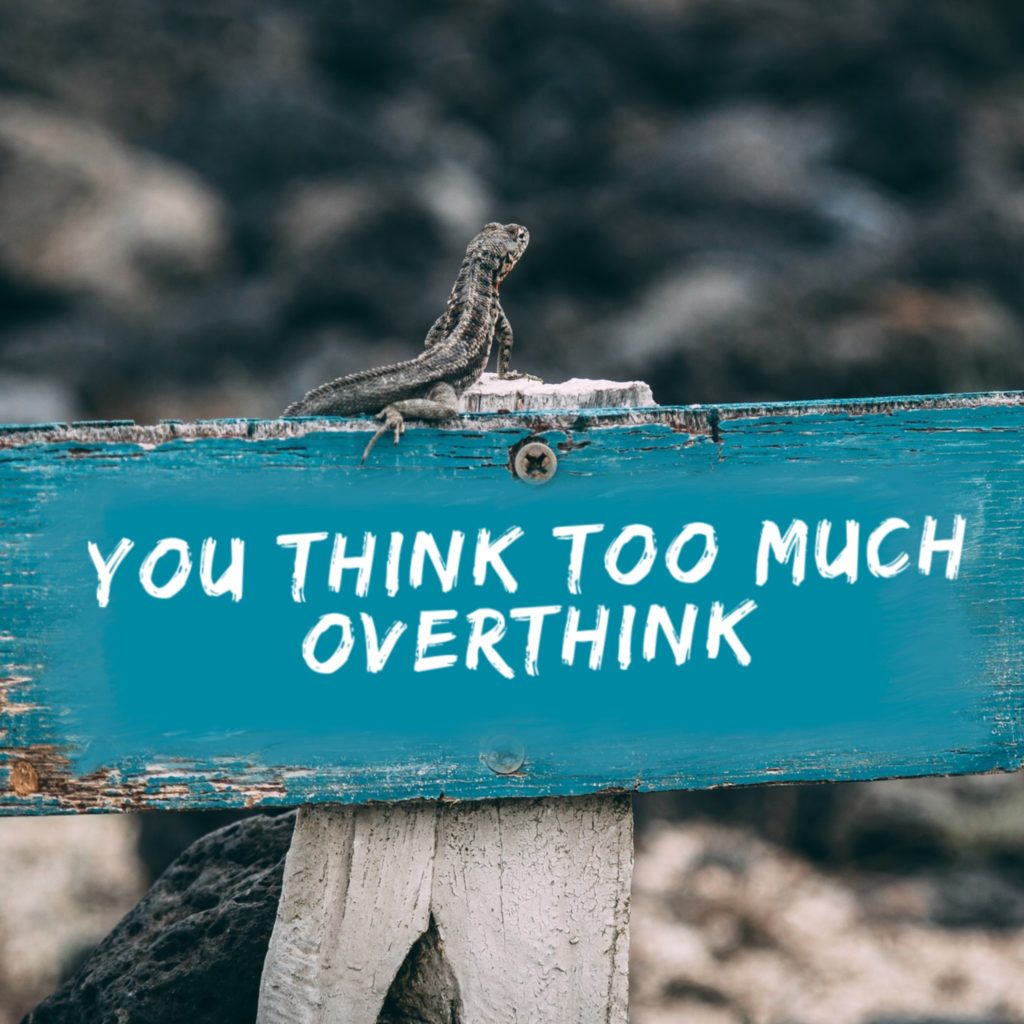
Everything gets dissected with this one. Over thinking is common, yet also a tangible trait of those with Obsessive Compulsive Disorder. We are always in our head. Doing things impulsively is a task.
You want that new shirt, but you weigh all of your options first instead of just grabbing what you like. You want to say something to someone, but eventually you don’t, because you’ve talked yourself out of it. Spur of the moment tends to freak you out. Because you need to discuss things over first, all of the time, with everything.
Bad Thoughts Are A Bad Habit:
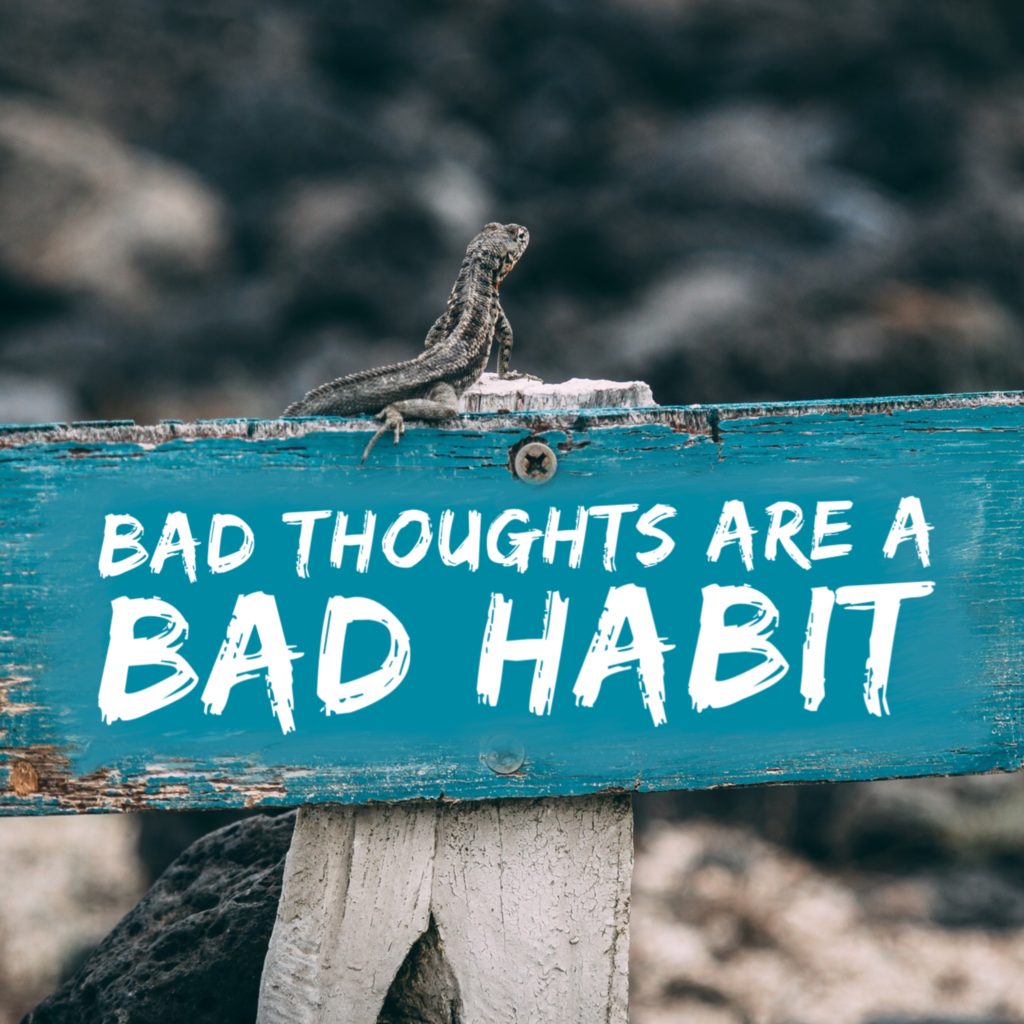
Thoughts come and go, but sometimes bad thoughts (intrusive thoughts) seem to be more frequent. When they enter the mind, you perk up to notice, so they don’t tend to just… go. More thoughts come and go without question, but query the next intrusive thought. How did that get there? That’s a strange or inappropriate thought at this time.
Obsessing over the negative is what this disorder does. It puts every unwanted thought under a microscope for you to rattle your brain over. Everyone deals with intrusive thoughts, whether you can shake it off or not is a different animal. One might think of purposely stabbing someone and move on as if it were a gnat. Another might treat it as a ram colliding back and forth inside their head as they attempt to dismiss the unthinkable.
Signs of OCD – Common Alert:
This disorder puts a focus on the negative making it hard to even function properly at times. Making it one of the more common signs of OCD.
Quirky or Fidgety:
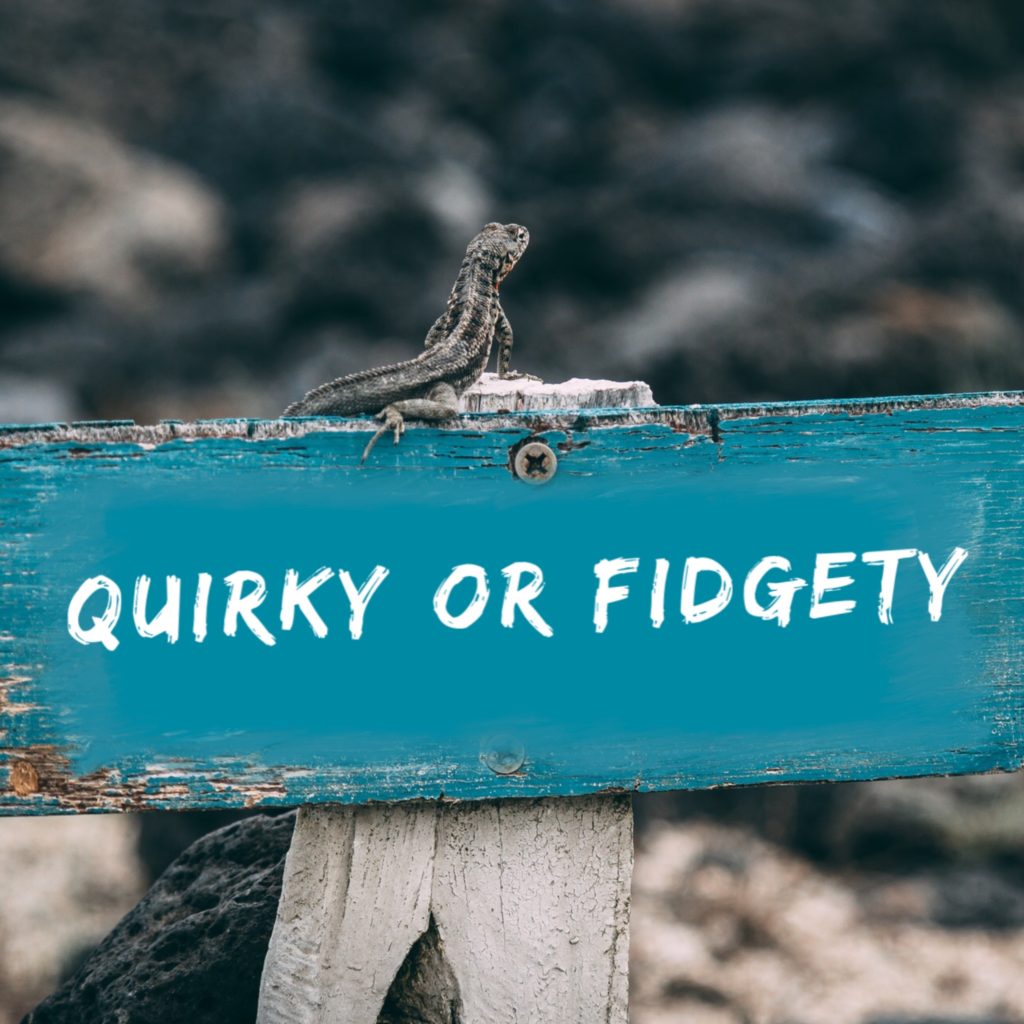
We all do some quirky shit. Quirky can be funny, and no one is afraid to call someone quirky. Fidgety is fine too – most don’t even pay attention to it.
Until you distance yourself from friends:
Now… with quirks and compulsions comes hiding these antics from friends and family. Sure, some of your quirks are cute, funny, but some are yours and easily offensive when pointed out by others. We’ve already graded our different quirks as acceptable or unacceptable. Some of the unacceptable ones might keep us in isolation sometimes.
OCD wants us to ourself. The excuse it provides is less anxiety. With a cost though. Each compulsion feeds this disorder and avoidance is a big compulsion. Anxiety can be worked through, but giving up sticks around much longer.
Very Protective:
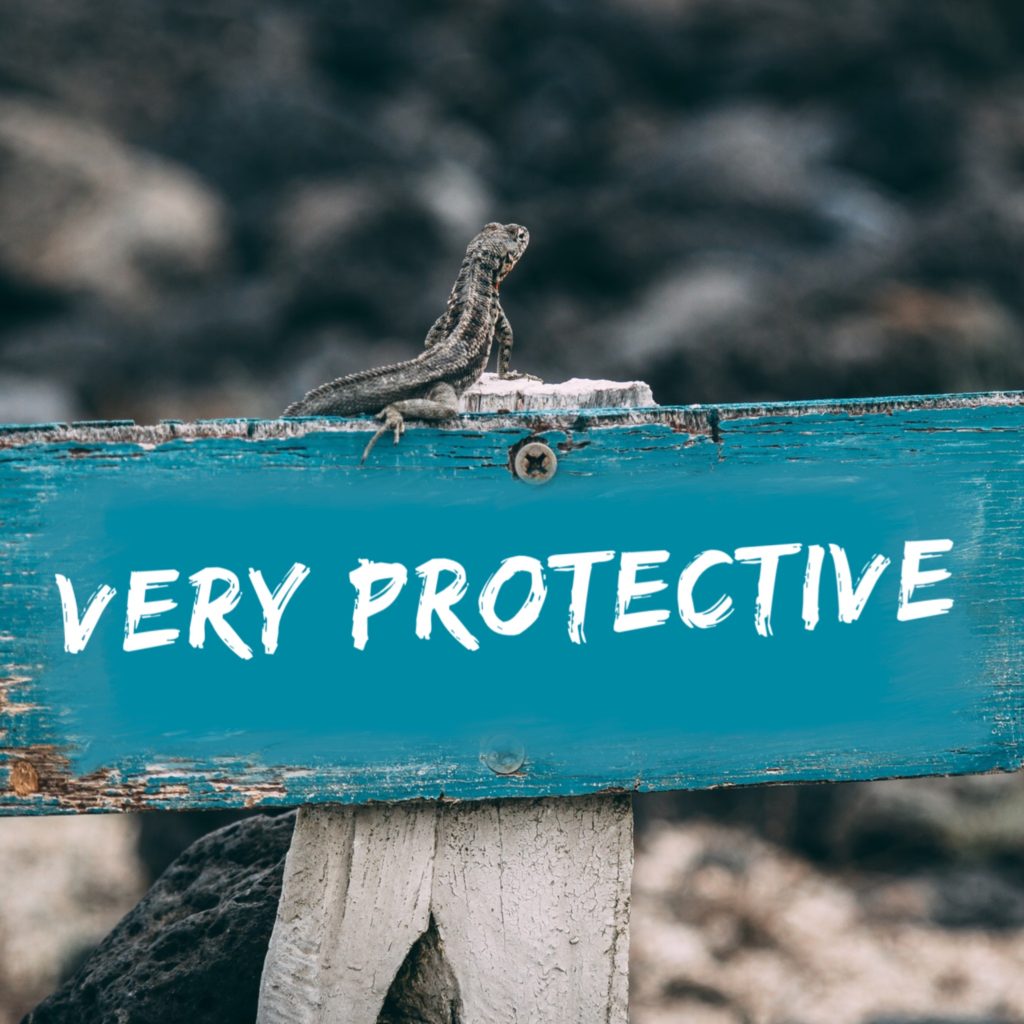
You might think it’s all up to you to do something right. Yep, that’s an obsession, and the compulsion is to not delegate. Normal… yeah. It’s when everything has to be your way though. That in combination with some of these other indications could mean disorder of the obsessively compulsive.
Almost all of these signs of OCD lead to wanting to protect something or someone. It’s what gives this disorder so much power over us. It makes us OCDoers feel compelled to listen as if we are not stronger. We ARE stronger though, and that is why it picks and prods at any given chance. That also means, with each chance we have, we must dismiss the compulsions.

These are just signs of OCD. The C is what makes it suck so bad. That’s why dismissing compulsions is where we find how truly capable we really are.
You Believe Your Thoughts Hold Power:
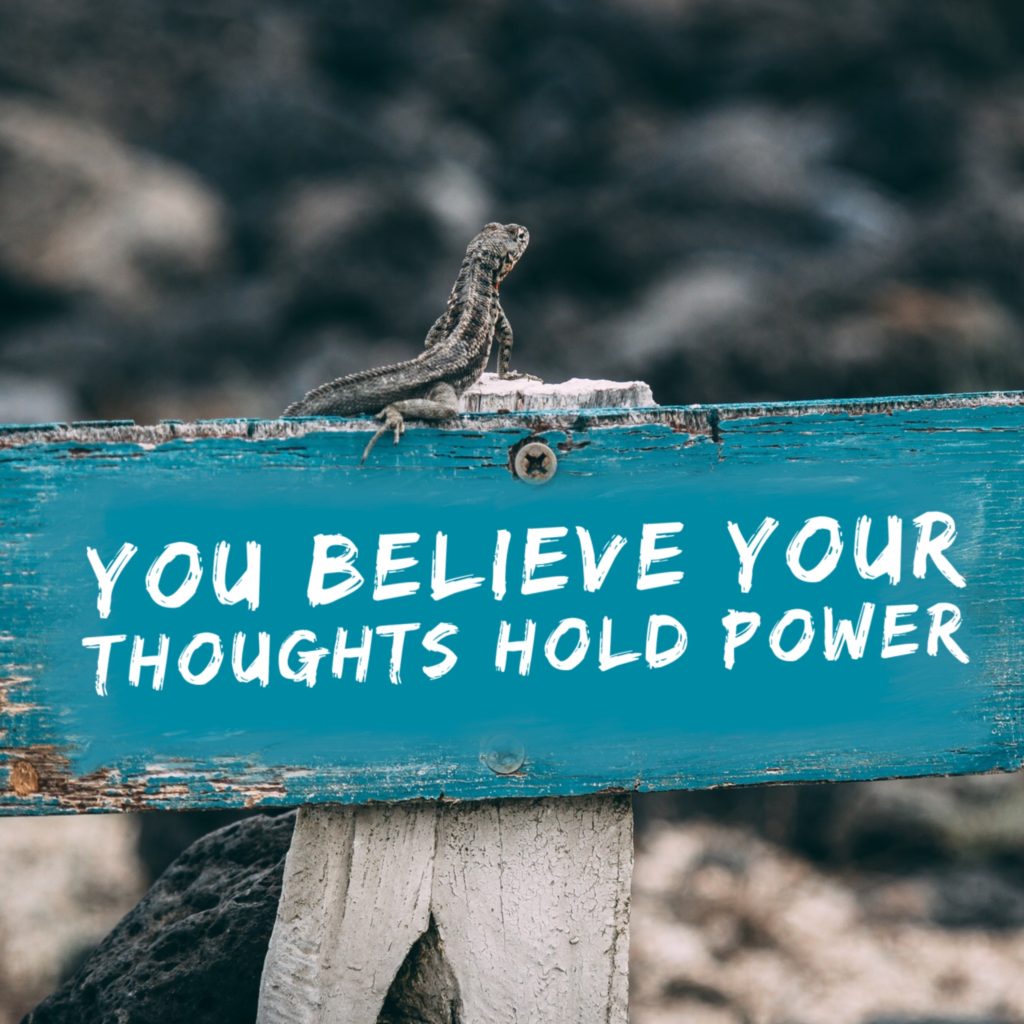
“I was just thinking that and it happened. What a coincident.” If you find yourself questioning if it was coincidental or the power of your mind, you could be an undercover magician. If you purposely avoid certain thoughts because you think your magic is not so undercover, you could be potentially OCD.
This is called Magical Thinking. Just because you typed ‘tsunami’ in a work email earlier that day does not mean the tsunami on the news later was caused because of you. Consequently, forcing yourself to never think tsunami again, or sink hole, or tornado is a compulsion. Obsessing over compulsions like this can lead to major disfunction and disorder.
Guilt:
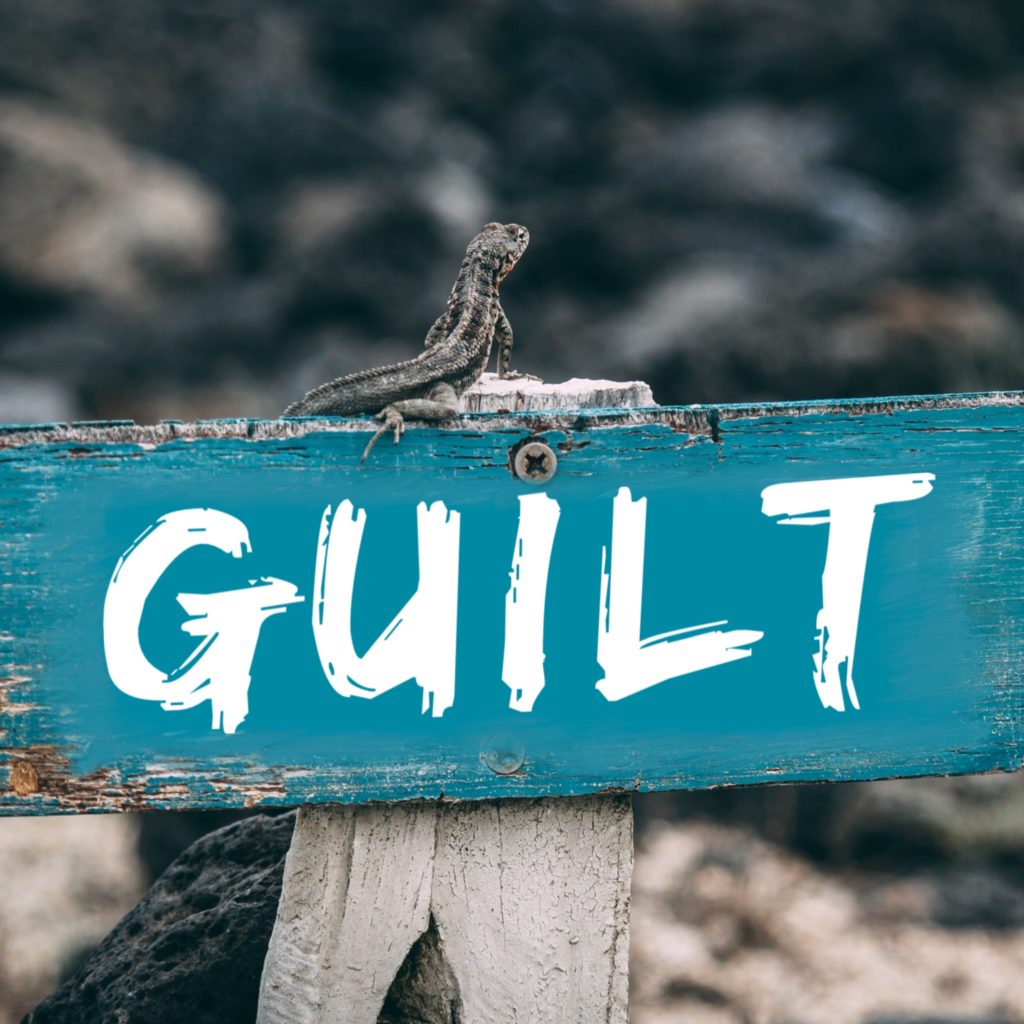
Guilt sucks. Unreasonably placing it on yourself comes with OCD. Check out a few examples from my perspective here – OCD and Guilt.
Creativity:

Alright… yeah, something good. Obsessive Compulsive Disorder is very creative. Your creativity can be used to battle OCD or in conjunction to make it worse. You can put a spin on anything, good or bad, that takes creative genius. So yeah… creativity can be an OCD perk and also one of the signs of OCD.
The Tiniest Of Mistakes Are HUGE To You:
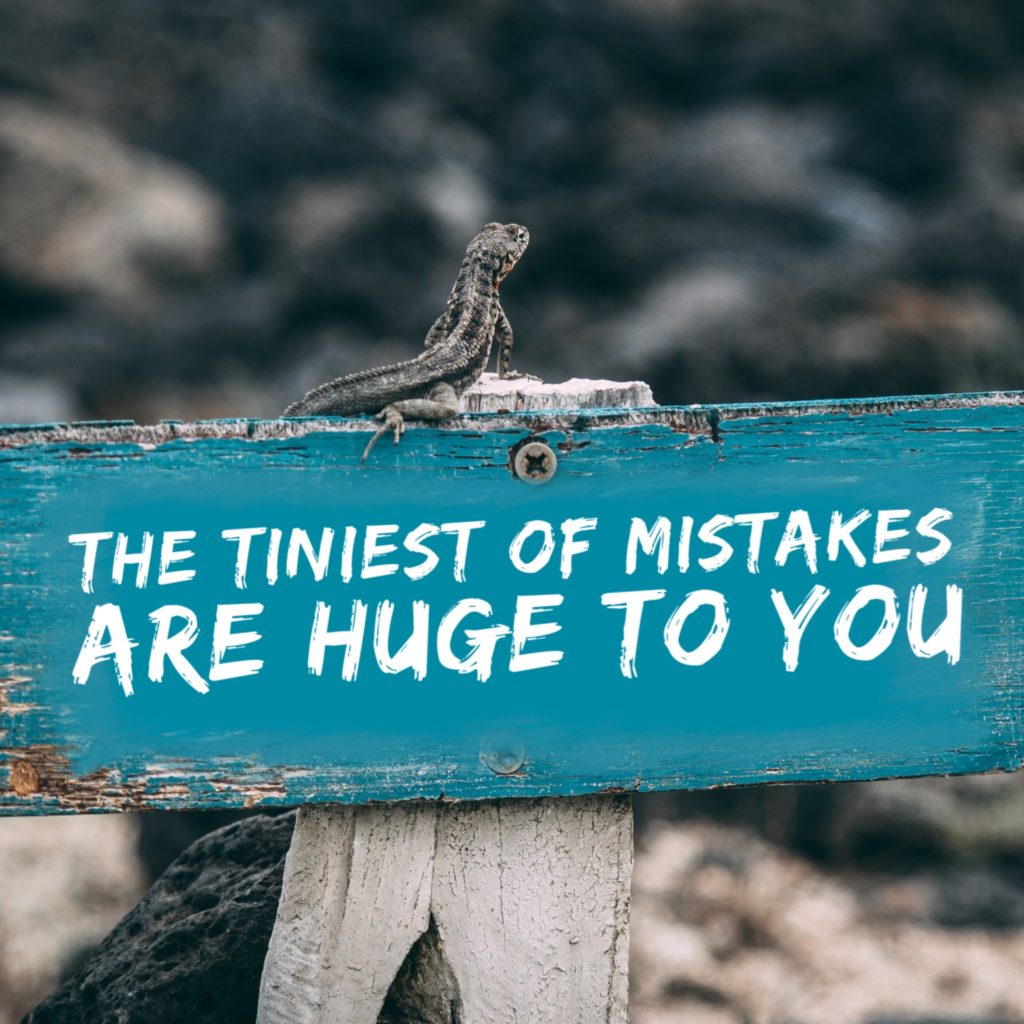
Aren’t we all our own biggest critic? Dwelling over the minuscule mistakes will cause blame and guilt. Obsess over it even. When the moment is gone, you focus on what you could have done differently to make it perfect. We are human, learning from our mistakes is what makes us better. OCD will have you recall the tiniest of moments and scream to you “FAILURE”.
Thanks OCD, I’m better for it actually without you pointing out all of my defects.
Collecting or Hoarding:
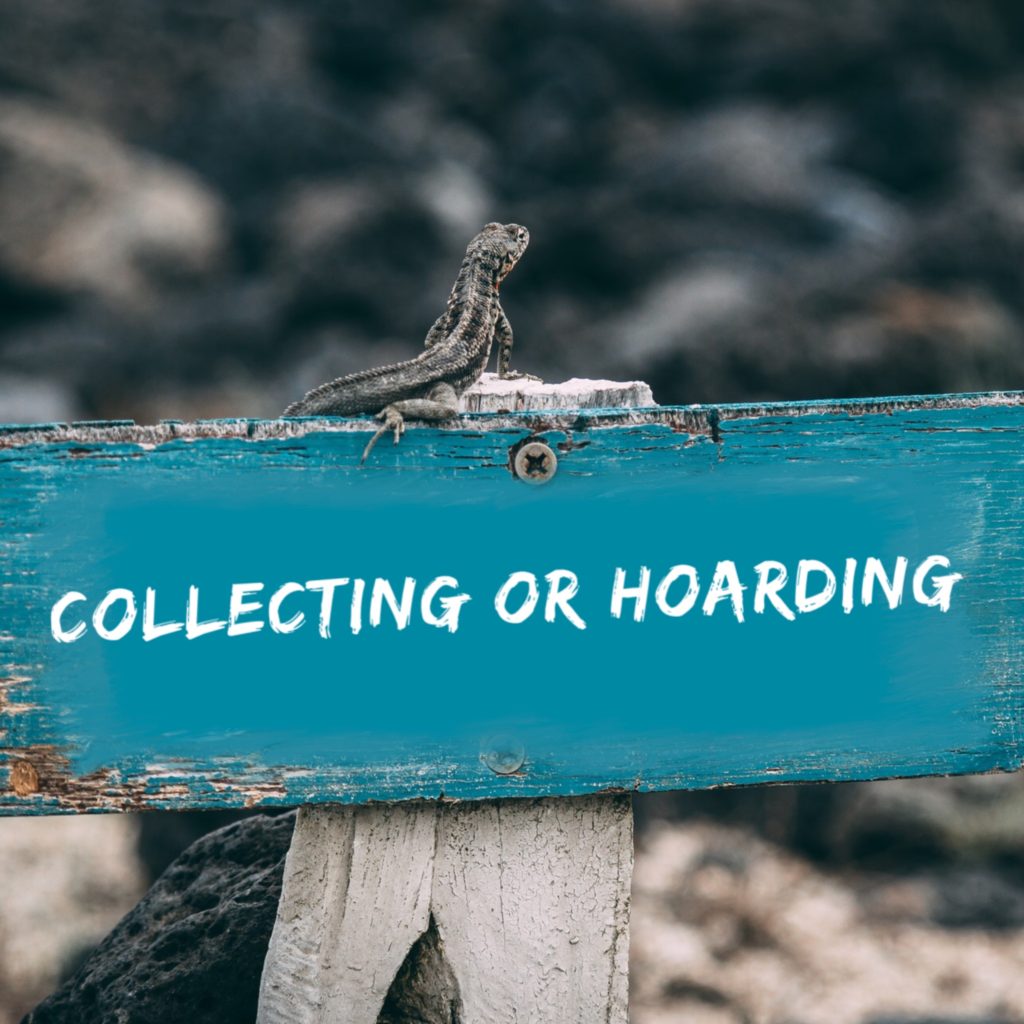
The sweaters that you haven’t worn in years, the junk drawer filled with unusable crap, The notebook that use to have meaning. Whatever it might be. Keeping things that has run its course is hoarding. Whether it be a serious case of hoarding or just a tad bit, hoarding is a compulsion for OCD.
Throwing away anything is possibly one of my biggest triggers, even when it comes to money hoarding. So I categorize myself somewhere between tad bit and tad bit scary when it comes to hoarding. I don’t purposely hoard things outside of sentimental value, but the act of throwing something away is hard for me. Thoughts enter that I might not like, and my OCD has me reaching into the trashcan to retrieve… just to throw it away again.
Signs of OCD – Common Alert:
It has taken me over 10 minutes before to throw away one item due to intrusive thoughts. Over and over again I reach in for a redo and after the time wasted upticks my anxiety, now I have to thoroughly wash my hands because YUCK.
Fear Of Contamination:
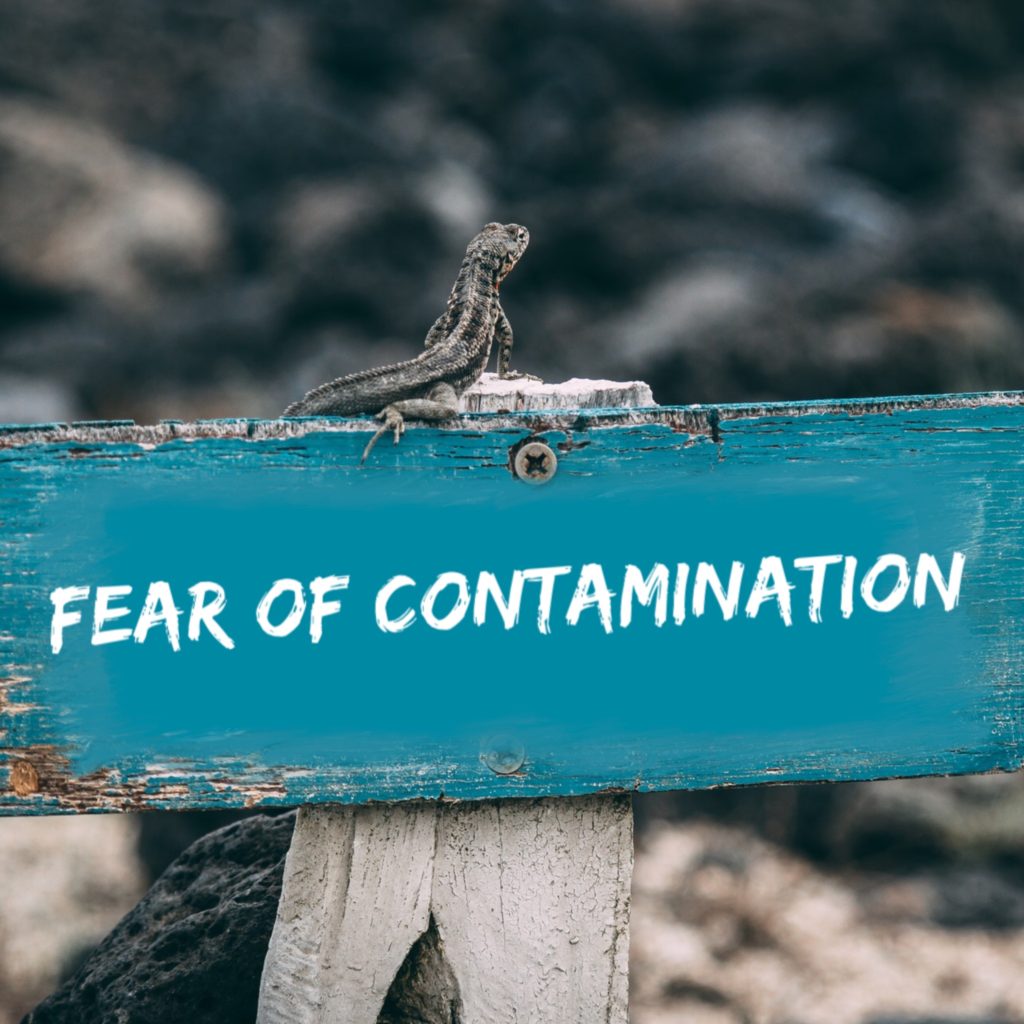
Which leads to fear of contamination. Cleanliness it just good human practice, but the thoughts of harmful germs being everywhere is excessive. Even those with OCD know it, but the thought of slipping up and spreading germs when it could’ve been prevented is frightening.
Washing your hands, scrubbing the counters – again, multiple showers, even mental showers. Yeah, sometimes the mind feels dirty and you just want to wash away the filth.
Worry/ Anxiety:
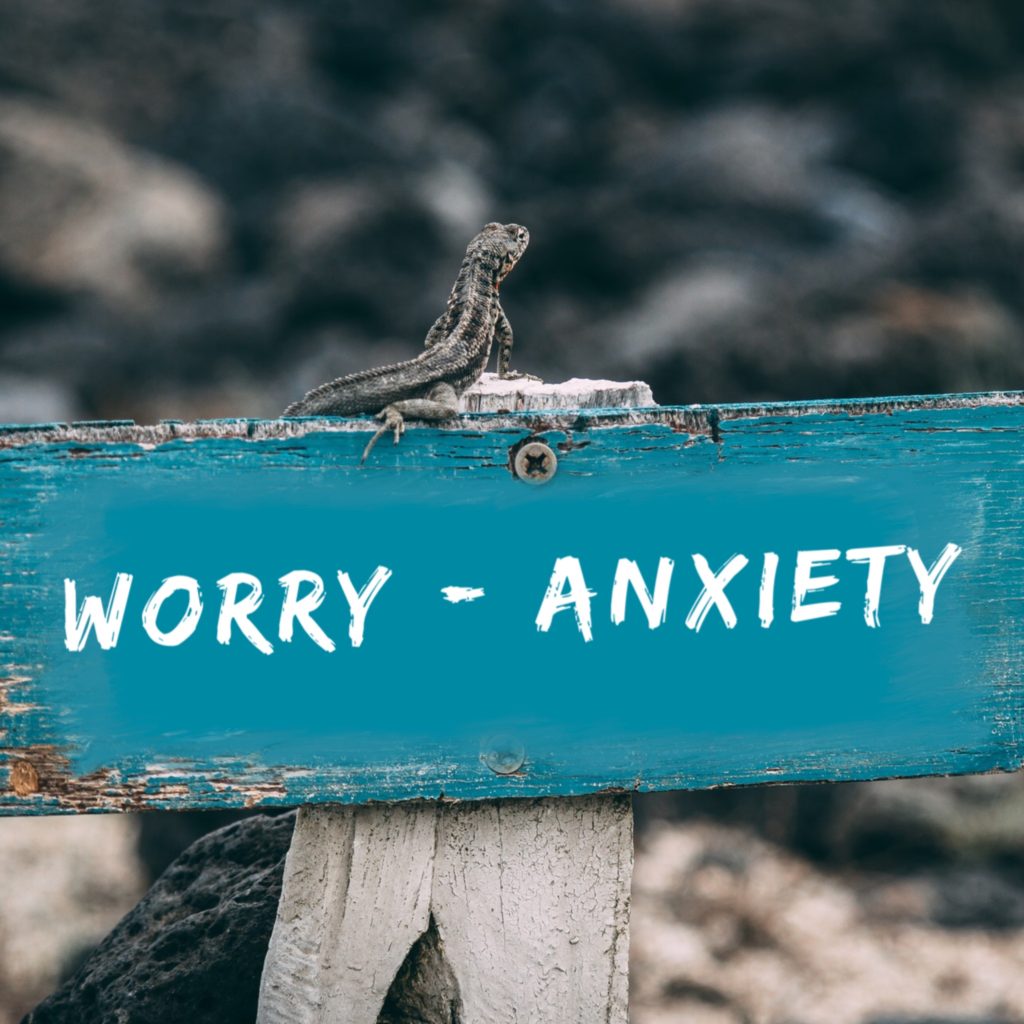
What is OCD even? It has many faces. Obsessing or worrying over intruding thoughts plays a giant role. Those with OCD develop rituals that become controlling with each trigger. These intrusions trigger repetitive behaviors in an attempt to gain ease over the unwanted thoughts or images. Even without reason, those with OCD rely on constant repetition, performing rituals and compulsions, creating a cycle of Obsession – Anxiety – Compulsions – Temporary Relief, only to cycle again at the next trigger.
It’s like creating your own superstitions with consequences if not performed properly, keeping you in constant anxiety. As a result, most of your time is spent worrying about your own safety and others based on superstition / intrusive thinking.
Anyone who can relate as a worrier can relate to the anxiety caused by OCD.
Signs of OCD:
All obsessions and compulsions are signs of OCD. It’s the D that cripples the sufferers of Obsessive Compulsive Disorder. Each moment can be flipped on it’s head with a simple thought or action. It only has the power you give to it. Which means it’s only as strong as you are so we must find the strength to be stronger.
Let me know if you found this helpful. I am curious to hear your spin. Leave a comment or find me on Twitter @UghOCD or Instagram @brentleybigkid.
